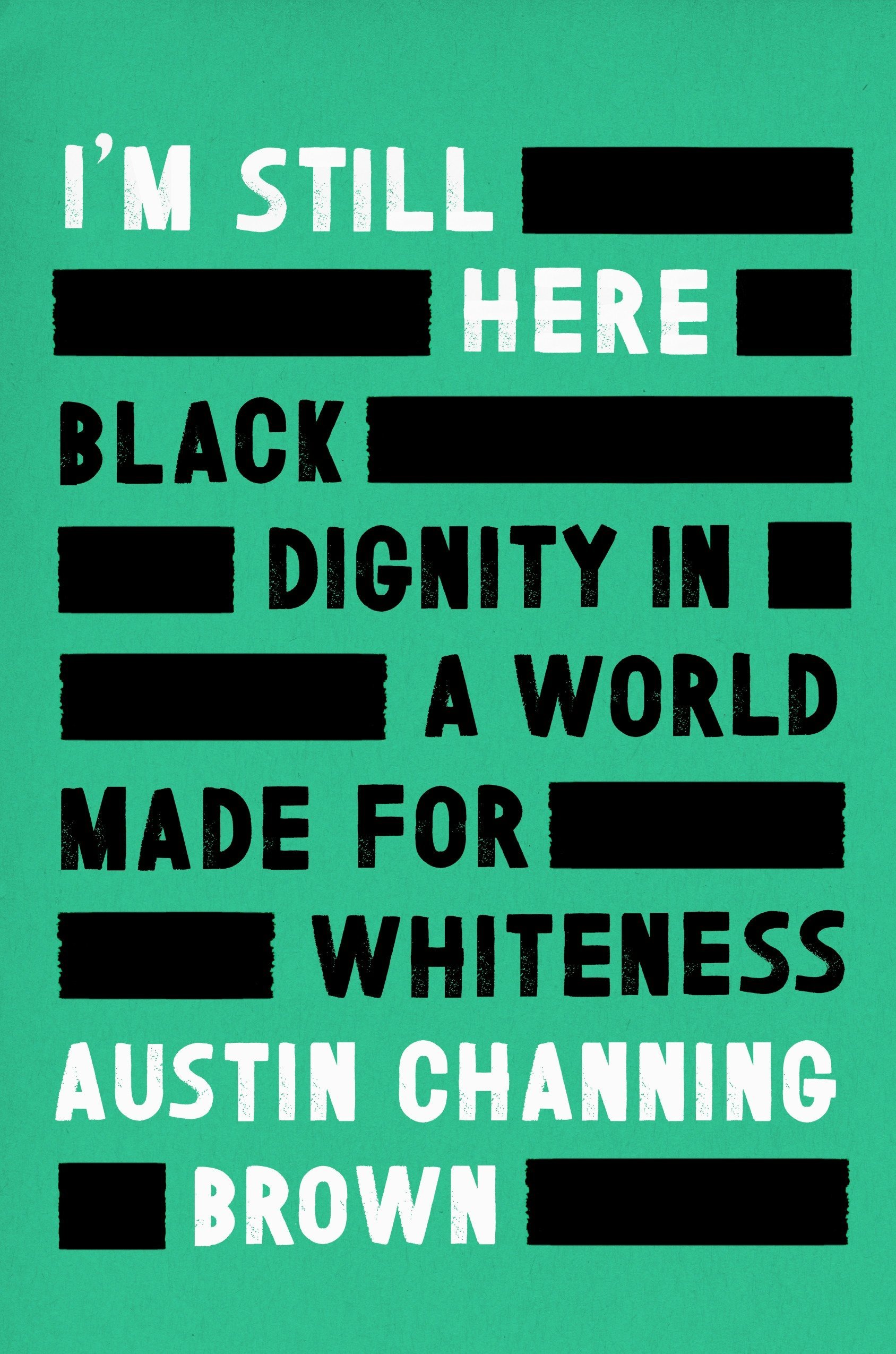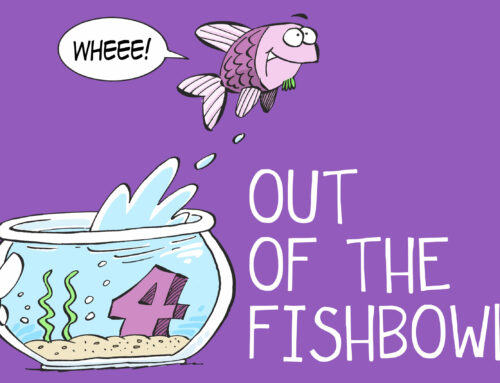i have just started reading – and almost finished – Austin Channing Brown’s ‘I’m Still Here: Black Dignity in a world made for whiteness’.
i highly recommend it.
While ‘White Fragility: Why it’s so hard for white people to talk about racism’ by Robin DiAngelo was super helpful hearing ideas, challenges and analogies from a white woman, so ‘I’m Still Here’ has been profoundly challenging and helpful, hearing the story from the perspective of a black [African American] woman.
There is much to be learned. And this is a helpful tool for listening and really trying to properly hear and understand [as much as one ever can of someone else’s experience] and act differently, better.
You can tell it’s a good book i am reading when so many of the corners of the pages are folded over reminding me to go back here and share this piece and remember this thought and so on. Let’s just say that librarians and book lovers the world over would gasp in shame at my copy.
But here are just a few of the passages that jumped out at me and the hope is that you will grab yourself a copy of the book and read the whole thing yourself.
Doing nothing is no longer an option
Celebrating Blackness
Here is a passage from the Intro where Austin talks about why she wrote the book:
‘I learned about whiteness up close. In its classrooms and hallways, in its offices and sanctuaries. At the same time, I was also learning about Blackness, about myself, about my faith. My story is not about condemning white people but about rejecting the assumption – sometimes spoken, sometimes not – that white is right: closer to God, holy, chosen, the epitome of being.
My story is about choosing to love my Black femaleness, even when it shocks folks who expected someone quite different. It’s about standing before roomfuls of Christians and challenging them to see Blackness without the baggage of racial bias. It’s about surviving in a world not made for me – where my parents tried to arm me with the cultural cash of a white, male name.
I offer this story in hopes that we will embody a community eager to name whiteness, celebrate Blackness, and, in a world still governed by systems of racial oppression, begin to see that there’s another way.’
The Right to Explore Blackness
Austin’s writing and story-sharing reminds us on so many occasions that so much of what black people wrestle with daily white people often never have to think about:
‘It was the first time I saw beyond my own perception of the racial harmony at my school. I was grateful that I didn’t have to deal with overt acts of racism, but was it better to know that teachers silently believed I would be a nuisance unless I proved otherwise? How could I know if beneath other amicable interactions, the stereotypes and biases of those in power were operating against students who looked like me?
This moment of disappointment made me even more determined to assert agency over my academic life. For the most part, my defence manifested itself in demanding the right to explore Blackness. Book report due? I was choosing a black author. History paper assigned? Black history was the only option for me. Like many Black students in predominantly white schools, if I wanted to see myself reflected in the curriculum, I had to act on my own behalf.
Resisting an education built on a white worldview meant constantly having to evaluate the risk of telling the truth or furthering the myth. Would I write that Christopher Columbus “discovered” America? Would I do the report on Malcolm X instead of Mark Twain? My parents left the decision to me. I could choose the better grade or I could choose to affirm Blackness. It’s a decision many students of color have to make. Sometimes I just stated the truth, “Christopher Columbus sailed the ocean blue in 1492, but the land he ‘discovered’ was already inhabited.’ Other times I would give a disclaimer, “Our textbook states that…” I won’t lie; I kind of enjoyed being more right than my teachers, even if it cost me half a letter grade.
So it was a rare gift when I could walk into a classroom that didn’t require this kind of work from me.’
What are you waiting for?
That there is just a bit of a glimpse. A taster and teaser for the rest of the book, which as mentioned you would do well to get hold of and gobble up.
i have been a huge fan of Austin Channing Brown for a number of years now and her writing was some of that which helped jolt me into the setting out on a consciousness journey when i was in America five years ago and so i am supremely grateful and this book has been muchly anticipated and i have been thoroughly appreciating it.
What are you waiting for? Get thee to an Amazon… Austin Channing is still here and she is championing black dignity in a world made for whiteness and in a church which sadly too often resembles the same.







Leave a Reply